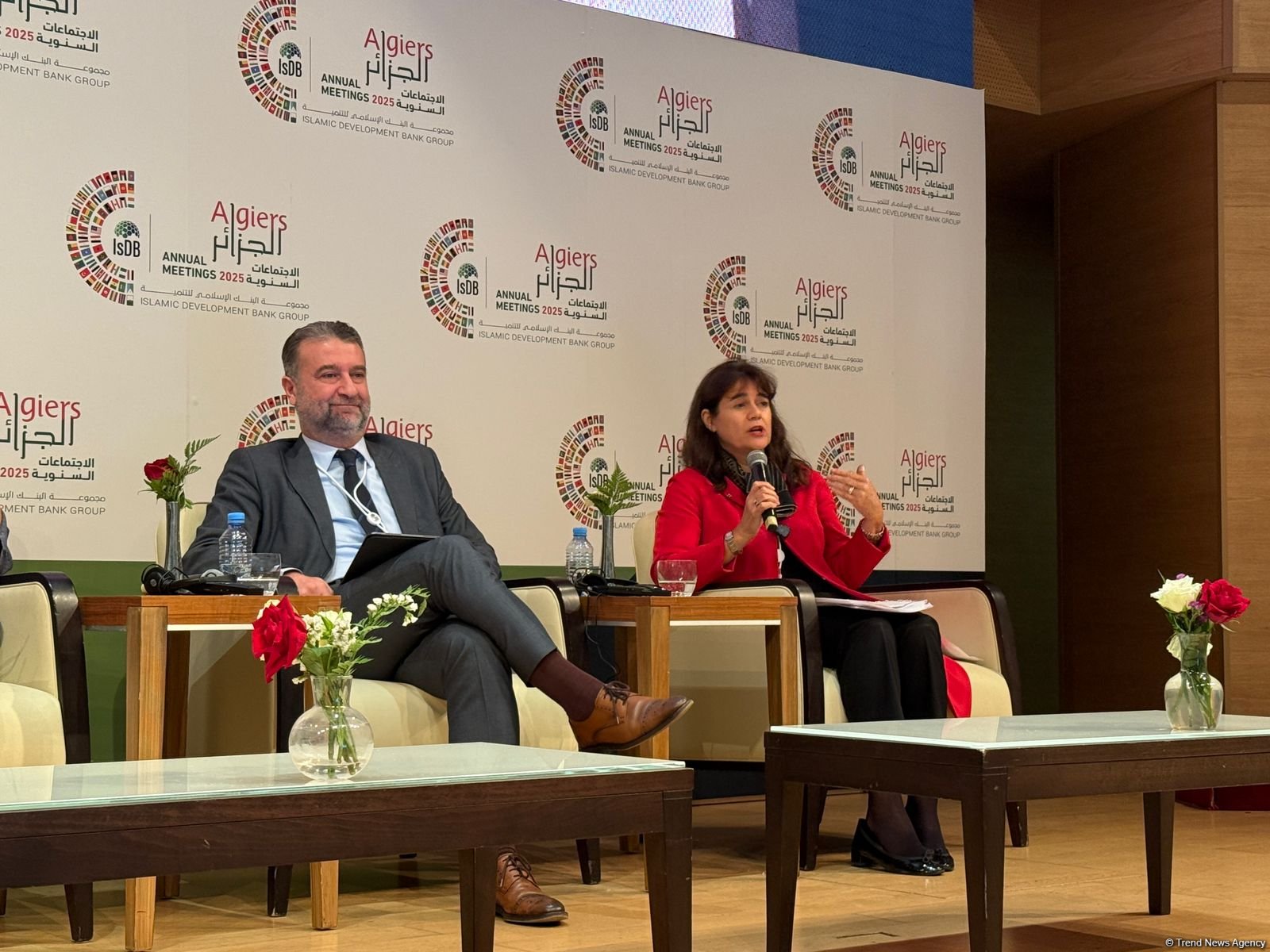ALGIERS, Algeria, May 22. The effective use of official development assistance (ODA) has become increasingly critical due to mounting financial pressures, said Julia Nielsen, the Acting Director for Development Cooperation at the Organisation for Economic Co-operation and Development (OECD), Trend’s special correspondent reports.
Speaking at the "Transforming Lives and Livelihoods Forum: Mobilize for Impact" at the Annual Meetings of the Islamic Development Bank (IsDB) in Algiers, Nielsen noted that in the face of pressure on ODA, it is crucial not only to make the best use of existing aid but also to showcase successful resource mobilization stories.
"The kinds of stories and the kinds of success we're hearing from mobilization are a very strong argument for why ODA really matters, why ODA is still a really important investment for all countries around the world," she said.
She also highlighted that reaching the most vulnerable groups remains a significant challenge.
“We estimate that just under half of concessional bilateral ODAs include some kind of gender objective. And when we're talking about non-concessional development finance or gender objectives, that number drops to around a third,” she explained.
The OECD representative cited successful models where donors use grants to stimulate development, such as the cultivation of saplings, which attract private investment and support small farmers. Guarantees for loan portfolios are also widely applied to expand access to financing for small and medium-sized businesses, where women make up a significant portion of the workforce.
"But if I were to highlight three things that we've learned about effective scaling, I think I would just make three points. The first is to give a point made by my neighbor. Effective structuring and risk sharing are at the base of this. So how do you use donor funds to grow in the private sector? We see using concessional funds to absorb first loss can change that risk perception to move the needle," Nielsen explained.
Secondly, it is vital for projects to have a real developmental impact, she pointed out.
"So that means explicit development objectives from the start of the project, not just for outputs like number of loans, but also outcomes. So you see changes in agricultural production, in participation of women, and in health outcomes.
And lastly, I guess the best way to make sure that something really works is to involve those who are the beneficiaries. So transparent governments and stakeholder engagement and participation are success factors that we've seen across all these markets," Nielsen concluded.
Stay up-to-date with more news on Trend News Agency's WhatsApp channel







